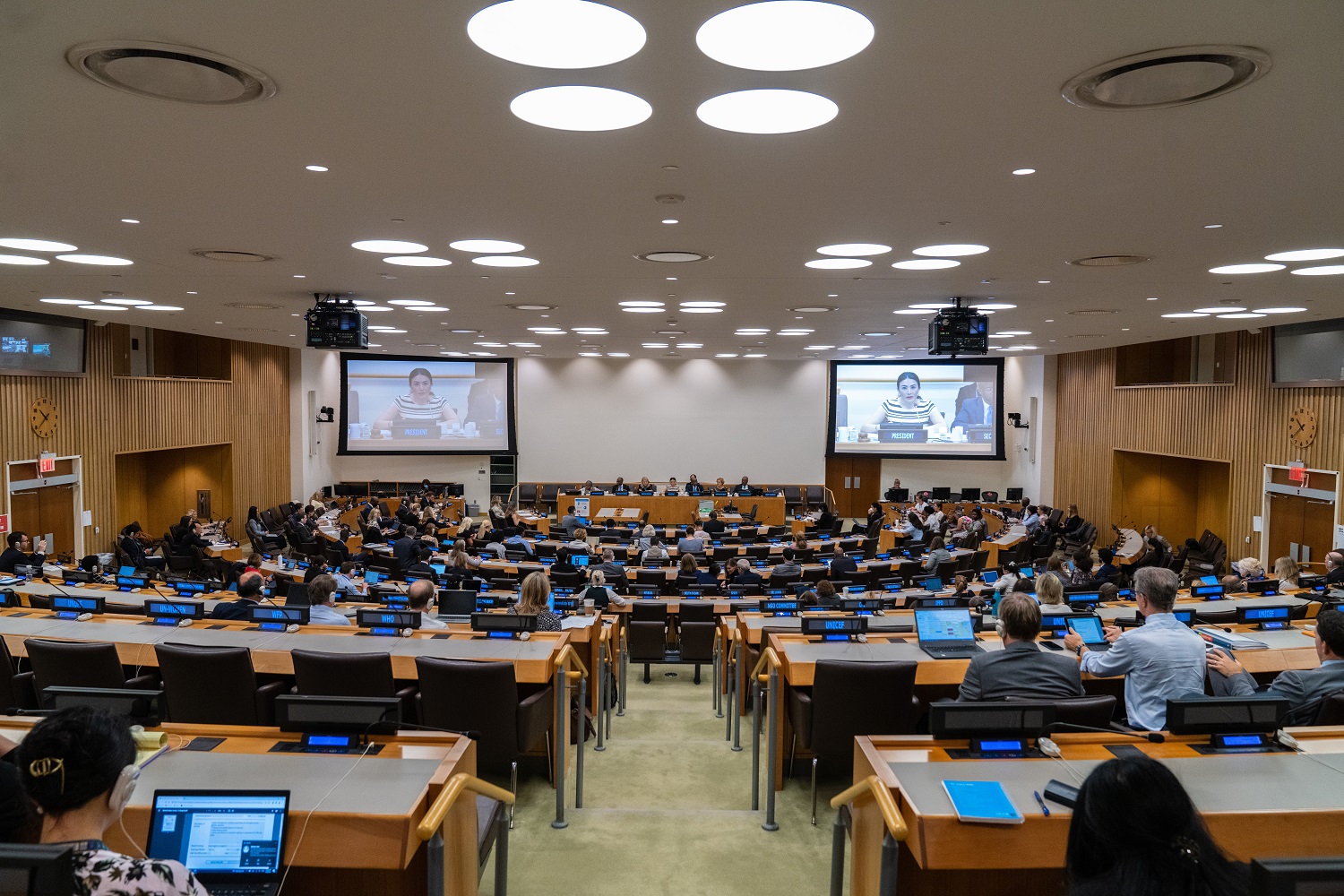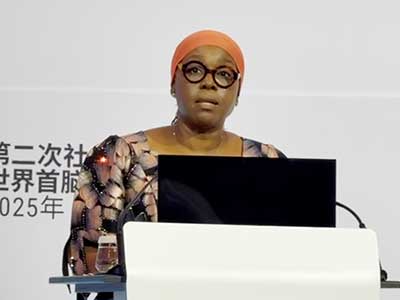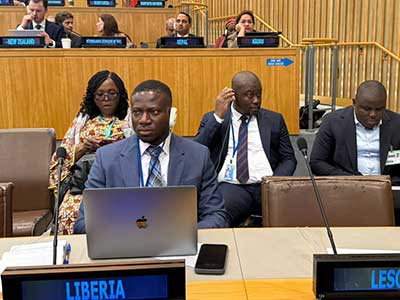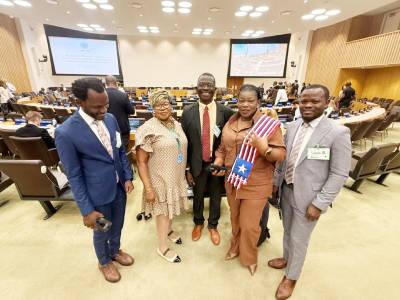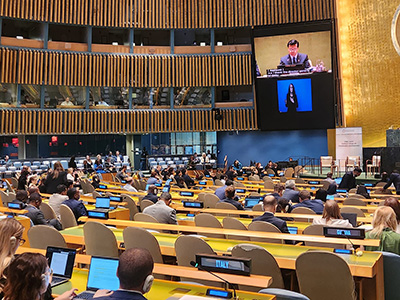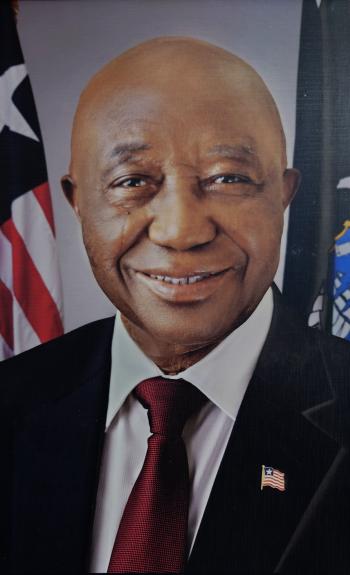Thank you, Madam President.
I congratulate you on assuming the Presidency of the UNICEF Executive Board and assure you of my delegation’s support during this session.
Madam President
We are glad that the COVID pandemic is subsiding around the world. However, the psychological, social, economic, and health impacts are still very present and should not be forgotten.
The strong equity gap in COVID 19 vaccination distribution remains a concern. UNICEF’s ‘Update on the Progress Achieved through the COVID-19 Vaccine Delivery Partnership’ shows that only eighteen percent of people in low-income countries and thirteen percent of people in countries dealing with humanitarian emergencies are fully vaccinated. In many of these countries, children do not have access to the COVID -19 vaccines which they are eligible to take.
Even more concerning is the decline in routine childhood vaccinations, the largest decline in 30 years. It is therefore important to identify innovative and efficient ways to support both COVID-19 and routine vaccinations, while strengthening health systems to provide necessary psychological support to children and young people.
This year, Liberia stepped up its routine vaccination campaigns to address a rise in the number of cases of vaccine-preventable diseases. A donation of BCG and Measles vaccines by Germany through the COVAX facility is helping to boost immunization across Liberia. We also received over 500 thousand doses of COVID-19 vaccines. We thank Germany and other donors to the COVAX facility for the support and applaud UNICEF’s leadership role in ensuring that vaccines reach the most vulnerable.
Madam President,
Liberia, a country with firsthand experience of war, understands the devastating effects it has on children. We are saddened by the reports of death, exposure to deeply traumatizing events, and the resulting emotional toil that the crisis in Ukraine continues to have on children. We again join calls for ceasefire in Ukraine and for all children to be protected from harm.
The war in Ukraine is also having dire and deadly implications for child malnutrition in the Horn of Africa, which is experiencing the worst form of drought. Disruption in supply lines and food production has further exacerbated the situation. Latest data show that at least 10 million children are at risk of getting infected with serious diseases, displacement, and death. We applaud UNICEF for providing life-saving aid and resilient services including improving access to climate-resilient water, sanitation, and hygiene services, and identifying and treating children with malnutrition.
It is our responsibility—member states, the United Nations, and all partners —to do more to address the needs of children globally. We must all work towards creating a better world where our children can thrive and reach their full potential.
Thank you for your kind attention.

